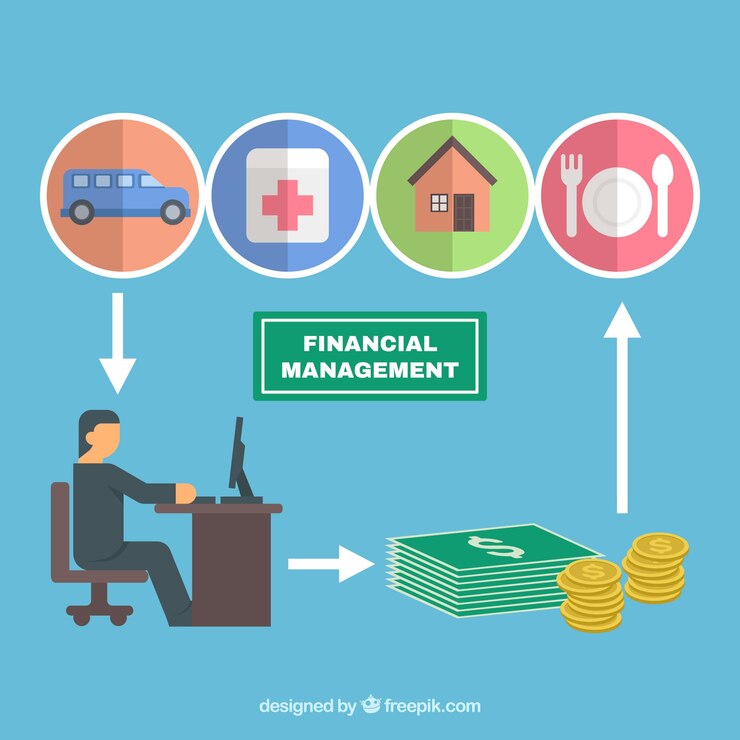which of the following financial institutions typically have the highest fees?

The Maze of Money: Demystifying Fees and Choosing the Right Financial Partner (Which of the Following Financial Institutions Typically Have the Highest Fees?)
The financial landscape can be a complex maze, filled with diverse institutions and an array of services. Which of the following financial institutions typically have the highest fees? Understanding this crucial question empowers you to navigate this maze, avoiding hidden costs and choosing a financial partner that aligns with your needs.
The Fee Factor: Unveiling the Hidden Costs of Financial Services
Financial institutions offer a variety of services, but these services often come with associated fees. These fees can significantly impact your bottom line, making it crucial to understand the landscape and choose an institution with a transparent and competitive fee structure. Why is figuring out the unit price of something useful when shopping? The same principle applies to financial services – understanding the “unit price” (in this case, the fees associated with each service) is essential for making informed decisions.
The Fee Hierarchy: Understanding Different Institutions’ Costs
Which of the following financial institutions typically have the highest fees? While the answer can vary depending on specific services and institutions, here’s a general breakdown:
- Check Cashing and Payday Loan Companies: These institutions often cater to immediate financial needs and typically charge the highest fees. Their fees can include check cashing fees, application fees, and high interest rates on loans.
- Traditional Brick-and- Mortar Banks: Traditional banks offer a wide range of financial services, but they can also have higher monthly maintenance fees, ATM fees (particularly for out-of-network ATMs), and wire transfer fees.
- Credit Card Companies: Credit cards offer convenience and rewards, but they also come with annual fees, interest charges on unpaid balances, and potentially other fees like foreign transaction fees or late payment fees.
- Credit Unions: Why is figuring out the unit price of something useful when shopping? Credit unions can be a great option for lower fees. They are member-owned cooperatives that often offer lower monthly maintenance fees, competitive loan rates, and lower ATM fees compared to traditional banks.
- Online Banks: Why is figuring out the unit price of something useful when shopping? Online banks can be another excellent option for lower fees. They often have minimal to no monthly maintenance fees, offer fee-free ATM networks, and competitive interest rates.
Beyond Fees: Choosing the Right Financial Partner
Which of the following financial institutions typically have the highest fees? While fees are a significant factor, they aren’t the only consideration. Here are additional factors to consider when choosing a financial partner:
- Services Offered: Does the institution offer the services you need, such as checking and savings accounts, online banking, loans, or investment options?
- Minimum Balance Requirements: Some institutions require minimum balances to avoid monthly maintenance fees. Choose one with requirements that align with your financial situation.
- Convenience: Consider factors like branch availability, online banking functionality, mobile banking options, and ATM access for easy management of your finances.
- Customer Service: Choose an institution known for good customer service, ensuring you have support when needed.
Developing Financial Literacy: Empowering Yourself
Why is figuring out the unit price of something useful when shopping? The same principle applies to your finances! Understanding fees and comparing service costs empowers you to make informed decisions. Here are additional tips for financial literacy:
- Read the Fine Print: Before opening any account or using a service, carefully read the terms and conditions to understand all associated fees.
- Shop Around: Don’t settle for the first option you find. Compare fees and services offered by different institutions to find the best fit for your needs.
- Negotiate: In some cases, you might be able to negotiate lower fees, particularly with traditional banks or credit unions.
The Takeaway: Knowledge is Power – Navigate the Financial Maze with Confidence
Which of the following financial institutions typically have the highest fees? Now, you have the knowledge to answer this question and navigate the financial maze with confidence. By understanding fees, evaluating services offered, and prioritizing your needs, you can choose the right financial partner and avoid hidden costs. Remember, knowledge is power – and in the world of finance, it can translate into significant savings. Take control of your finances, embrace financial literacy, and find the best fit for your financial journey!
